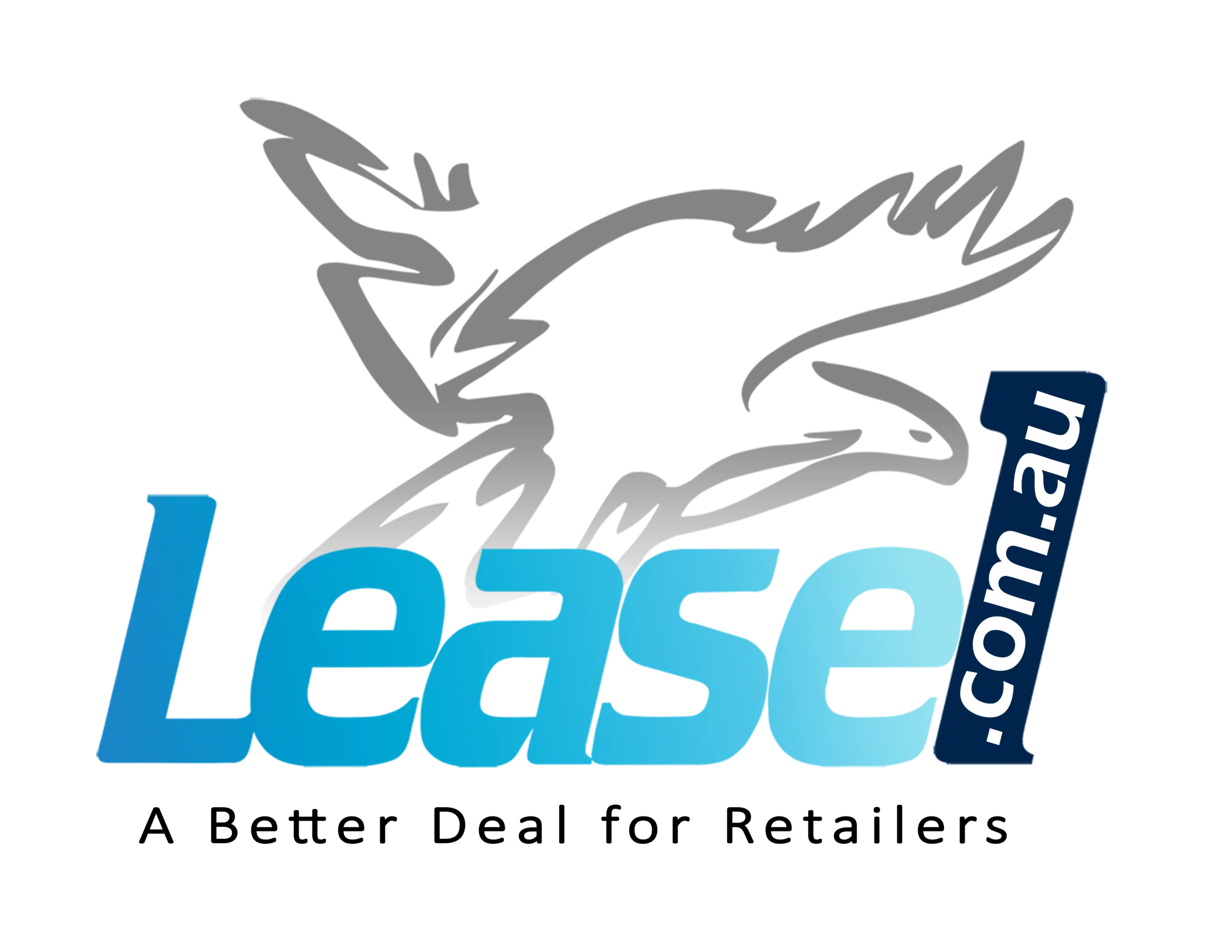Retail Shop Leases are complex and require a deep understanding of not only our own needs and outcomes but also those of the Landlord as well as the legislative boundaries by State & Territory Leases Acts.
Each lease and for that matter each lease negotiation is different and although most seek to achieve a win-win outcome the end results are closer to win-lose (a zero-sum game).
To achieve the holy grail of WIN-WIN (a non-zero sum game) where the wins and losses for both Retailer and Landlord don’t cancel each other out, there are 5 basic steps to consider.
Over the next 5 weeks, we will deliver these stages to hopefully provide you with an understanding of how to conduct your lease negotiations.
Stage 1 – Prepare
There is no good shortcut to Preparation. It is the first stage of any negotiation, though people often don’t give it the time it warrants. They often charge into the Information Exchange Stage, or even directly to Bargaining.
Preparation starts with determining if this is a potential collaborative situation so that you can select the better strategy. Next, you spend time researching information, analysing data and leverage, and identifying interests and positions. Finally, you have to consider the relationship you want to build.
Five Key Elements of Negotiation Preparation
- Points to consider
- Should I be negotiating?
- What I need to know
- Organize information
- Research covers
- Players and stakeholders
- The fact base
- Standards and benchmarks
- Analysis includes
- Re-organizing data
- Anticipating what will happen
- Assessing strengths and risks
- Identification of your and their Interests
- Positions: Goals, Most Desired Outcomes, and Least Acceptable Agreements
- Best Alternatives to a Negotiated Agreement
- Concessions
- Know the relationship you want to build
- Plan to build trust
- Prepare for emotional reactions
- Develop Probes to discover “Don’t knows” and test Assumptions

